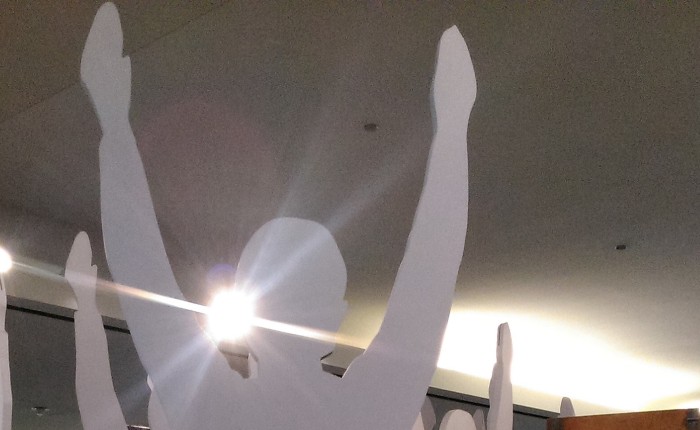Our ideas can be like clouds in the sky being shaped by the currents of thought within the mind. They form unique shapes, but those shapes are ever changing, even if in the most minute details. Every second brings change and the cloud that once was will never be again. Unless recorded, the unique form is lost forever.
A Lost Idea By: Daniel Derasaugh It was there. Swirling inside with everything else. Radiant in unique yet brief flare. Notice was drawn to its beauty. I had it! Undeveloped, yes, but it was there, Standing out, shinning with potential, Yet only for a brief moment. A morphing shape. It changed to something similar, But not the same. What was it? Now just a shadow in my mind. I chase it. The ever-changing cloud drifting across the sky. I have not the tools to catch it; Remember it, record it, mold and craft it. Its gone now. Never again to return exactly as it was. Words scattered into the breeze of other thoughts. A lost idea. I think I’ll start carrying a journal and pen.
The subject of my previous post was about the importance of morality in the way our ideas can impact the world. I am at this time focused on the first act of creativity, and since I seem to be fixed with exploring my interests poetically, a particular thought came to mind.
I have recently began to wonder how many poems (published and unpublished) have been written. The answer is likely in the billions throughout history, far more than any of us could read. But then I try to add to that the number the poems people have composed within their minds, yet for whatever reason, failed to write down.I find it a sort of tragedy that such creativity should disappear into the void of forgetfulness as if it never existed to begin with. Chances are that such an arrangement of words will never again come together precisely as the initial creator had crafted them.
Our minds can unexpectedly and spontaneously create amazing organizations of words with meaning. There were times when that happened to me and I struggled to remember lines that would have been great for poetry, stories, or quotes. There was nothing available for me to use to write them down, or record in some way. As I went over them in my head, trying to memorize the lines I discovered that the organization of the words would often change, and sometimes degrade in their quality until the initial meaning was lost.
So now I try to carry a little journal and pencil or pen wherever I go to record and catch them when they appear in kind of my own personal version of Pokemon Go.


